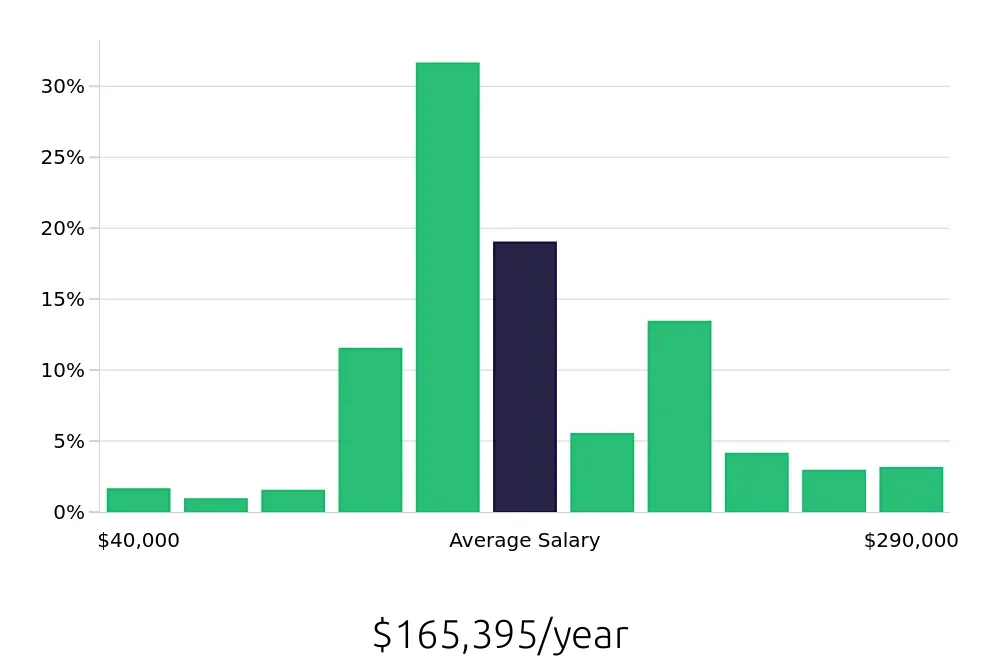Position
Overview
An optometrist evaluates the eyes and vision of patients. They perform eye exams to check for vision problems and eye diseases. They write prescriptions for glasses and contact lenses. Optometrists also give advice on how to care for the eyes. They diagnose and manage conditions like glaucoma and dry eye. Optometrists work in clinics, private practices, and optical shops.
Optometrists often interact with patients of all ages. They listen to patients' concerns and explain their findings. They must stay current with new eye care technologies and treatments. This job requires strong communication skills and attention to detail. It is important for optometrists to work well with other health care providers. They help people see better and improve their quality of life.
Becoming an optometrist offers a rewarding career in eye care. This process requires dedication and education. Follow these steps to start a successful career in optometry.
Optometry combines science and patient care. It involves examining eyes and prescribing corrective lenses. The journey to becoming an optometrist involves several key steps. Each step prepares the individual for the responsibilities of the job. Here are the main steps to take:
Following these steps can lead to a fulfilling career in optometry. It requires hard work and commitment. With the right education and training, one can help others see better every day.
The path to becoming an optometrist includes several key steps, each with its own timeline. First, an individual needs a bachelor's degree, which usually takes four years. This degree often requires courses in biology, chemistry, and physics.
Next, the individual must attend an optometry school. This program typically lasts four years. During these years, students learn about eye exams, diagnosing problems, and prescribing glasses or contacts. Aspiring optometrists also gain hands-on experience through clinical practice. Completing a residency or internship can add another year. All told, it often takes about eight years from start to finish to become a licensed optometrist.
We are seeking a skilled and compassionate Optometrist to join our team. The successful candidate will be responsible for performing comprehensive eye exams, diagnosing and treating eye conditions, and providing personalized vision care to our patients. The ideal candidate will have excellent communication skills, a strong attention to detail, and a commitment to providing the highest quality of care to our patients.
Responsibilities:
Qualifications
Optometry is a rewarding career path for those interested in eye care and helping others. Optometrists examine eyes, prescribe corrective lenses, and diagnose eye diseases. This profession offers many benefits, including good job stability and the chance to make a real difference in people's lives. Optometrists often work in private practices, clinics, or optical shops, which provides varied work environments.
However, a career as an optometrist comes with its own set of challenges. Long hours and the need for ongoing education can be demanding. Also, the job may involve dealing with difficult or demanding patients. Despite these challenges, the satisfaction of improving someone's vision and quality of life makes it all worthwhile. Optometrists must stay updated with the latest in eye care, ensuring they provide the best possible care to their patients.
Here are some pros and cons to consider:
The job outlook for optometrists looks promising. The BLS reports about 1,700 job positions available each year. This number includes new job openings as well as replacements for those who leave the field. The job openings are expected to grow by 8.8% from 2022 to 2032. This growth means more opportunities for those looking to enter the field or change careers. Optometrists can expect a stable and growing demand for their services.
Optometrists enjoy a competitive salary. The average national annual compensation for optometrists is $143,000, according to the BLS. This figure highlights the value placed on their expertise and skills. The average hourly rate is $68.75, showing that optometrists are well-compensated for their work. These figures make the profession attractive to many job seekers.
For those considering a career as an optometrist, the combination of job growth and attractive compensation is encouraging. The blend of a stable job market and good earnings potential makes this a strong career choice. If you are interested in healthcare and have the necessary qualifications, becoming an optometrist can be a rewarding path.
